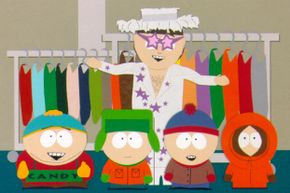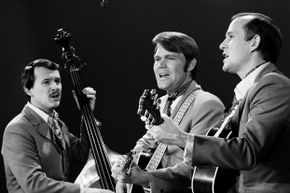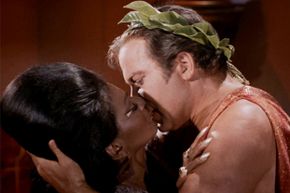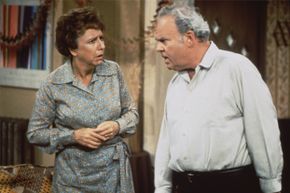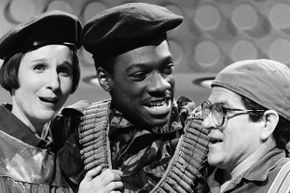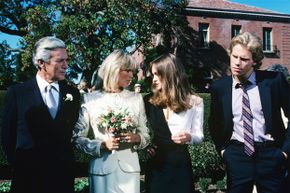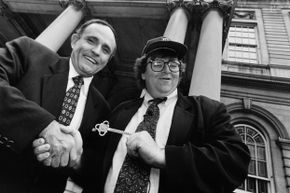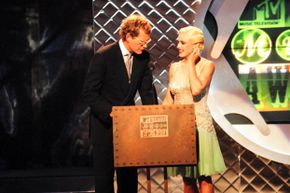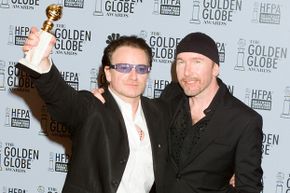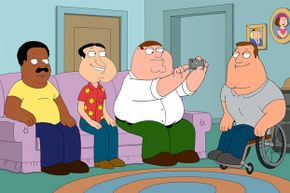What should be censored? Would you know it when you see it? The Federal Communications Commission (FCC) would. Among its other responsibilities, the U.S. federal agency deals with enforcing regulations for content that is "indecent," "obscene" or "profane." For networks, that means employing censors, whose job is to exclude "certain topics, social groups or language from the content of broadcast programming," according to the Museum of Broadcast Communications, and to adhere to government standards.
Of course, the subject matter that's censored has changed over time. In 1952, Lucille Ball's character on "I Love Lucy," was pregnant, but heaven (and censors) forbid if someone used that word. Instead, Lucy was "having a baby," "expectant" or "with child." During the 1960s, actresses couldn't display their navels on shows such as "I Dream of Jeannie," "Gilligan's Island" and "Gidget" – must've been the connection between belly buttons and pregnancy that censors feared.
Advertisement
At times, censorship has been based less on morals and more on money. A 1959 episode of "Playhouse 90" had to delete mention of "gas chambers" in the post-World War II drama "Judgment at Nuremberg." The reason? The show's sponsor was the American Gas Association.
Every decade, certain television series challenge censors, pushing back on edits that are deemed too constricting or reactionary. Each becomes a thorn in the censor's side -- and wouldn't have it any other way. Check out the following list of some of the thorniest series ever seen on television.
